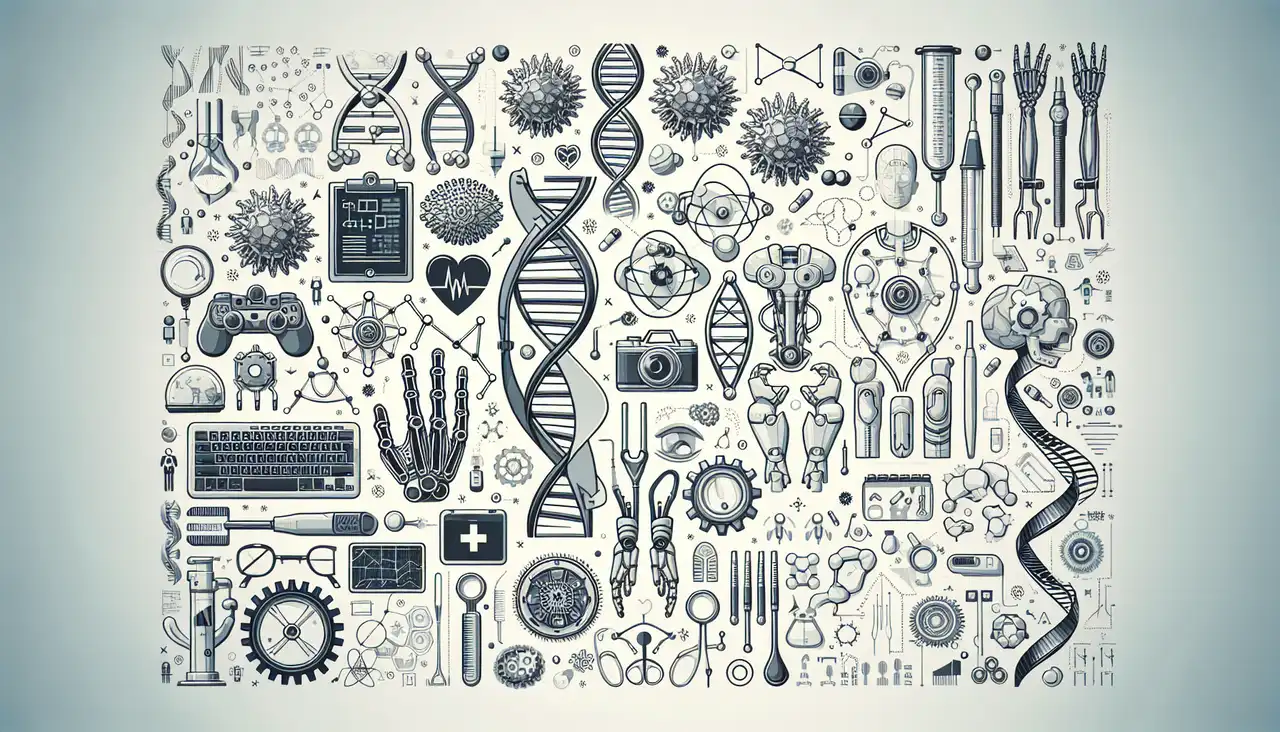

Lei Feng
Promoting sustainability and innovation in atmospheric sciences, Lei Feng serves as an Assistant Professor in Otolaryngology at the University of Minnesota. With a profound commitment to advancing knowledge in atmospheric imaging and air quality monitoring, Feng's research delves into the intricate dynamics of particle transport and its implications on environmental and public health. Feng's academic journey is marked by significant contributions to projects funded by the National Science Foundation. Notably, he has played a pivotal role in the development of the Grand-Scale Atmospheric Imaging Apparatus (GAIA), a groundbreaking initiative aimed at enhancing our understanding of atmospheric phenomena. His work on air quality monitoring through digital inline holography has set new benchmarks in the field, offering innovative solutions for real-time environmental assessment. In addition to his technical prowess, Feng's research outputs are diverse and impactful, spanning topics such as biological particle analysis, dental drilling, vorticity measurement, and auditory contrast enhancement. His interdisciplinary approach bridges the gap between medicine, dentistry, engineering, and auditory sciences, showcasing a unique blend of expertise that enriches each field. Feng's dedication to research excellence is reflected in his numerous publications, which contribute valuable insights to the scientific community. His work not only advances theoretical understanding but also holds practical implications for improving air quality and public health outcomes. As an educator, Feng is committed to mentoring the next generation of scientists and engineers. He fosters a collaborative learning environment that encourages students to explore the intersections of technology and environmental science. His teaching philosophy emphasizes critical thinking, innovation, and the application of scientific principles to real-world challenges. Through his research and teaching, Lei Feng continues to inspire and lead efforts towards a sustainable future, where technological advancements are harmonized with environmental stewardship. His contributions to atmospheric sciences and related fields underscore the importance of interdisciplinary collaboration in addressing complex global issues.
Publications
, 062018, 2019-11-01